
Do you need medication that you take regularly and need a 30-90 day supply? I just found out about this today and wanted to share. Many of the large pharmacy’s in the US have what are called “Minute Clinic’s”. Let’s say you run out of a...

Do you need medication that you take regularly and need a 30-90 day supply? I just found out about this today and wanted to share. Many of the large pharmacy’s in the US have what are called “Minute Clinic’s”. Let’s say you run out of a...

Tachycardia, a condition characterized by an abnormally fast heart rate, can significantly impact an individual’s overall health. While it’s primarily known as a cardiovascular issue, emerging research has highlighted its potential connection to mental health conditions, including depression. This article explores how tachycardia and depression are...
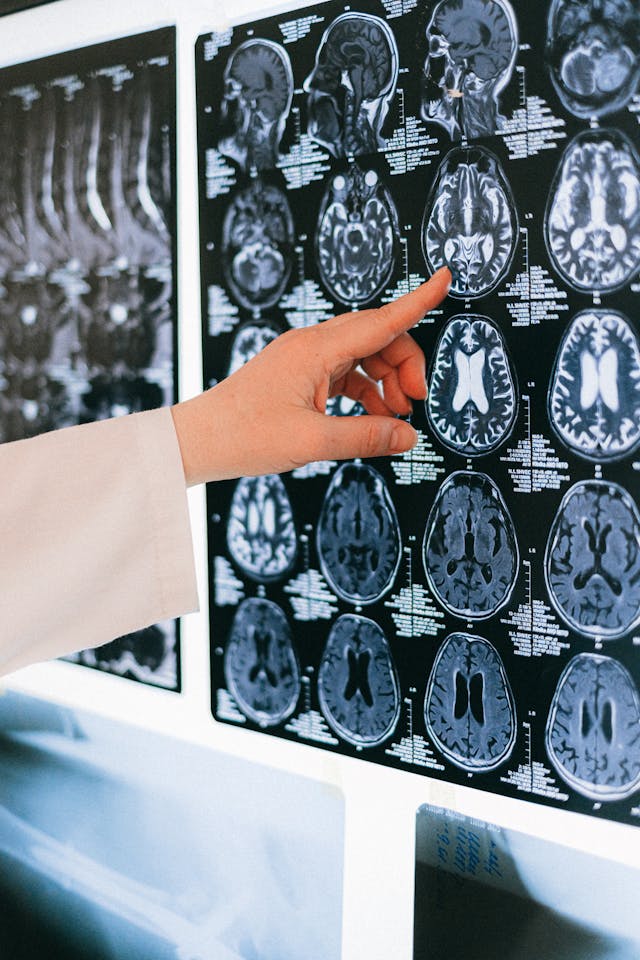
What is the Pituitary Gland? The pituitary gland, often referred to as the “master gland,” is a small, pea-sized gland located at the base of the brain, just below the hypothalamus. It is housed in a bony structure called the sella turcica. The pituitary gland plays...

Multiple Sclerosis (MS) is a chronic autoimmune disease affecting the central nervous system (CNS). It results from the immune system attacking the myelin sheath, a protective covering around nerve fibers, leading to disruptions in nerve communication. Alongside physical symptoms, MS is often associated with significant emotional and...

What is Stomach & Gut Health? The stomach is a muscular organ located in the upper abdomen, playing a crucial role in the digestive system. Its primary function is to break down food through mechanical movements and the secretion of gastric juices, which contain enzymes and...

Postpartum depression (PPD) is a serious mental health condition that affects women after childbirth. Beyond the typical “baby blues,” PPD can significantly impact a mother’s ability to care for herself and her baby. Emerging research suggests a link between postpartum depression and copper toxicity. This article...

Insomnia, characterized by difficulty falling asleep or staying asleep, is a common symptom of depression. The relationship between insomnia and depression is complex, as each condition can exacerbate the other. This article explores how insomnia relates to depression, detailing the signs, causes, diagnosis, treatment options, and...
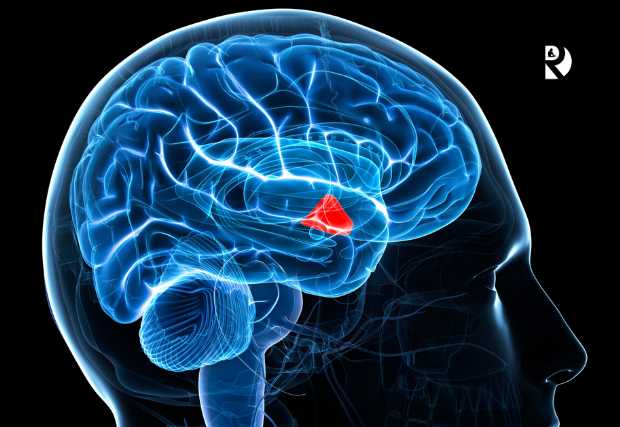
What is it? The hypothalamus, a small but crucial part of the brain, plays a significant role in maintaining the body’s internal balance, or homeostasis. Located at the base of the brain, it acts as a control center for various autonomic processes, regulating functions such as...

Anxiety and depression are two of the most common mental health conditions, and they often occur together. While they are distinct disorders, anxiety can be a significant symptom of depression. This article explores how anxiety relates to depression, providing detailed information on the signs, causes, diagnosis,...

Depression is a multifaceted mental health condition that affects millions of people worldwide. While it is commonly associated with persistent sadness, lack of energy, and feelings of hopelessness, depression can also manifest in less obvious ways, such as anger. This article explores how anger relates to...

Postural Orthostatic Tachycardia Syndrome (POTS) is a condition that affects blood flow, leading to a range of symptoms when moving from a lying to a standing position. This chronic condition can significantly impact daily life and has been increasingly linked to depression. Understanding the relationship between...
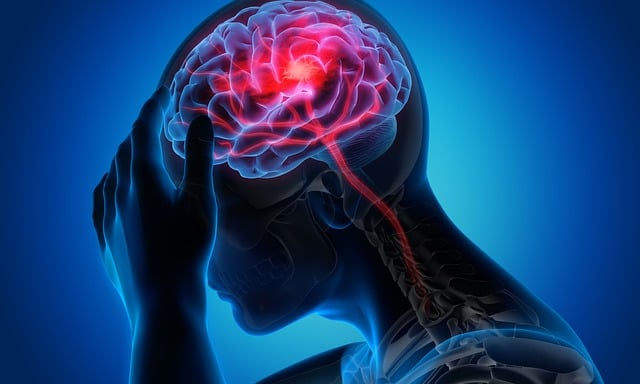
Migraines are not just severe headaches; they are a complex neurological condition that can significantly impact a person’s quality of life. Among the various health challenges associated with migraines, depression stands out as a significant concern. This article explores the connection between migraines and depression, detailing...

Insulin resistance is a condition where the body’s cells become less responsive to insulin, a hormone that helps regulate blood sugar levels. This can lead to higher blood sugar levels and eventually type 2 diabetes. Beyond its impact on physical health, insulin resistance has been linked...

Diabetes is a chronic health condition that affects millions of people worldwide. It occurs when the body either does not produce enough insulin or cannot effectively use the insulin it produces. While diabetes primarily impacts physical health, it can also significantly influence mental health, leading to...
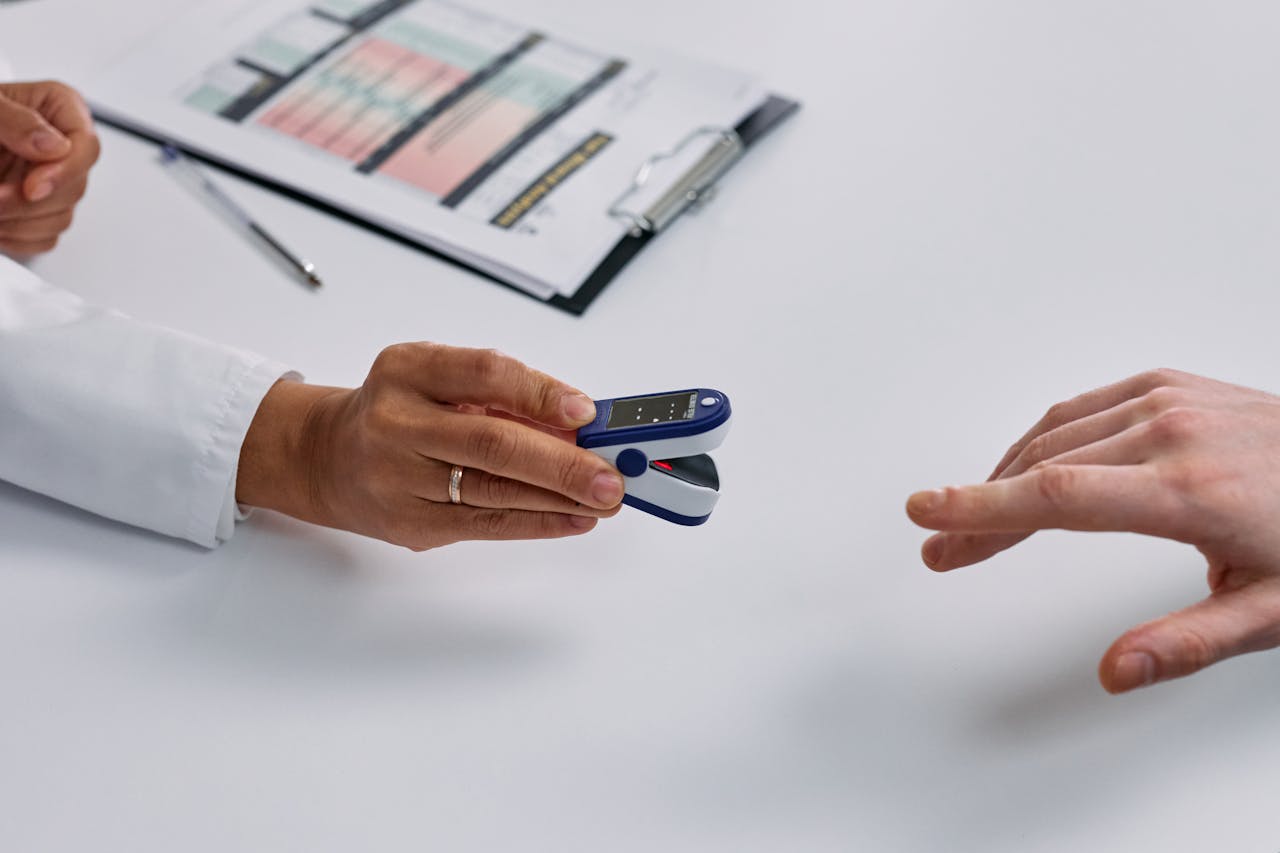
Bradycardia is a condition characterized by a slower than normal heart rate, typically fewer than 60 beats per minute in adults. While a slow heart rate can be normal and healthy in some individuals, particularly athletes, in others it can signal an underlying health issue. Bradycardia...

Blood pressure, the force of blood pushing against the walls of the arteries, is a vital indicator of cardiovascular health. Both high blood pressure (hypertension) and low blood pressure (hypotension) can lead to various health complications. Interestingly, blood pressure abnormalities are also linked to mental health...

Vitamin B2, also known as riboflavin, is a crucial nutrient that plays a vital role in energy production, cellular function, and metabolism of fats, drugs, and steroids. Riboflavin is also essential for maintaining the health of the skin, eyes, and nervous system. A deficiency in vitamin...
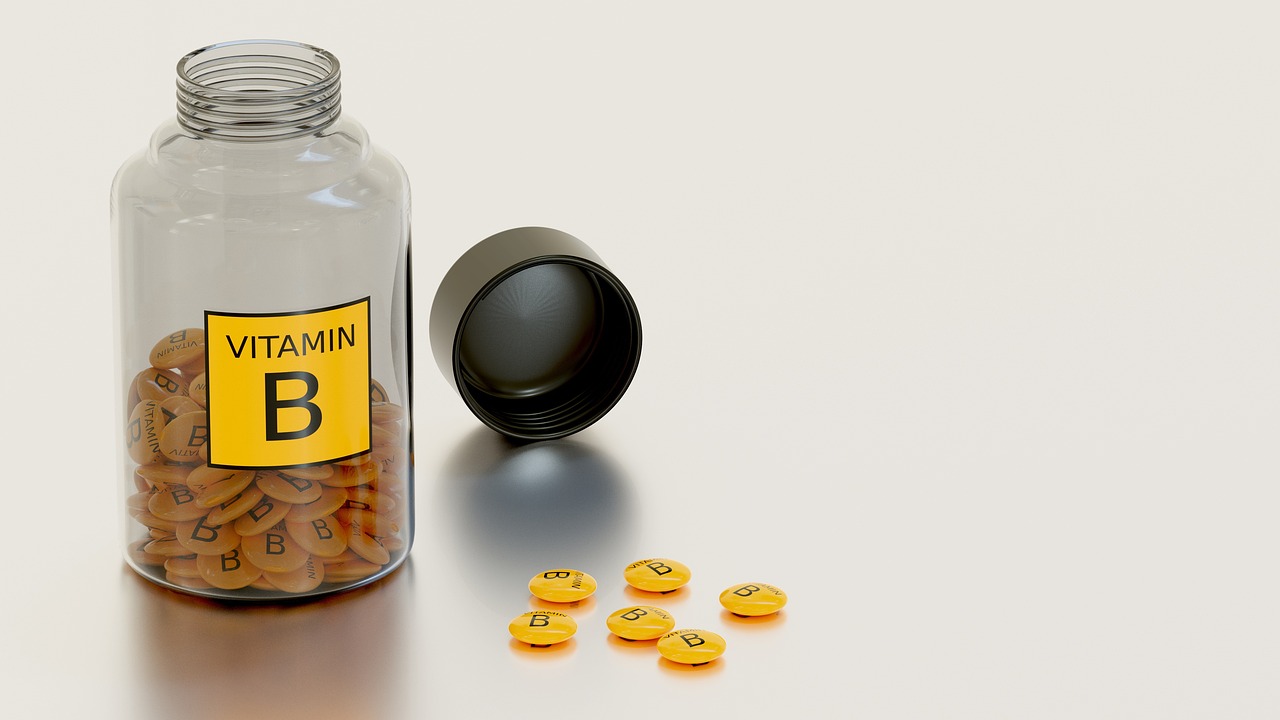
Vitamin B1, also known as thiamine, is an essential nutrient that plays a crucial role in energy metabolism and nerve function. Thiamine deficiency, although rare in developed countries, can have significant health impacts, including neurological and psychological disorders. One of the lesser-known but serious consequences of...

Addison’s Disease, also known as primary adrenal insufficiency, is a rare but serious disorder that occurs when the adrenal glands do not produce enough hormones, particularly cortisol and aldosterone. While it primarily affects physical health, Addison’s Disease can also have significant psychological impacts, including depression. Understanding...

Understanding the Weight of “I Want to Die” Have you ever said to yourself, “I want to die”? I have. These thoughts terrify me when I’m “in it” – when depression consumes and tortures me, refusing to let go. You feel left alone to fend for...

Hi I’m Ron. I suffer from depression & anxiety. My anxiety started in 2004 and my depression started in 2016. My depression was accompanied by other strange physical symptoms that confused me. I’ve seen dozens of doctors, had lots of testing and blood draws followed by let downs and frustration.
I decided to connect my own dots and that led me to befriend medical scientists, mental health specialists, and other professionals who mean the world to me.
I am not a medical professional. My advice is not professional advice. Take any information from this website and present it to your medical doctor. One potential lead is all you need to change your life.
My goal is to post insightful information surrounding depression with the hope to help others. You are not alone my friend. Keep your head up and keep fighting.


Researching Depression is a blog where I research my depression, anxiety, and mental health issues. I post insightful information along the way in hopes to help others while I’m on my journey.


© 2019 All Rights Reserved.